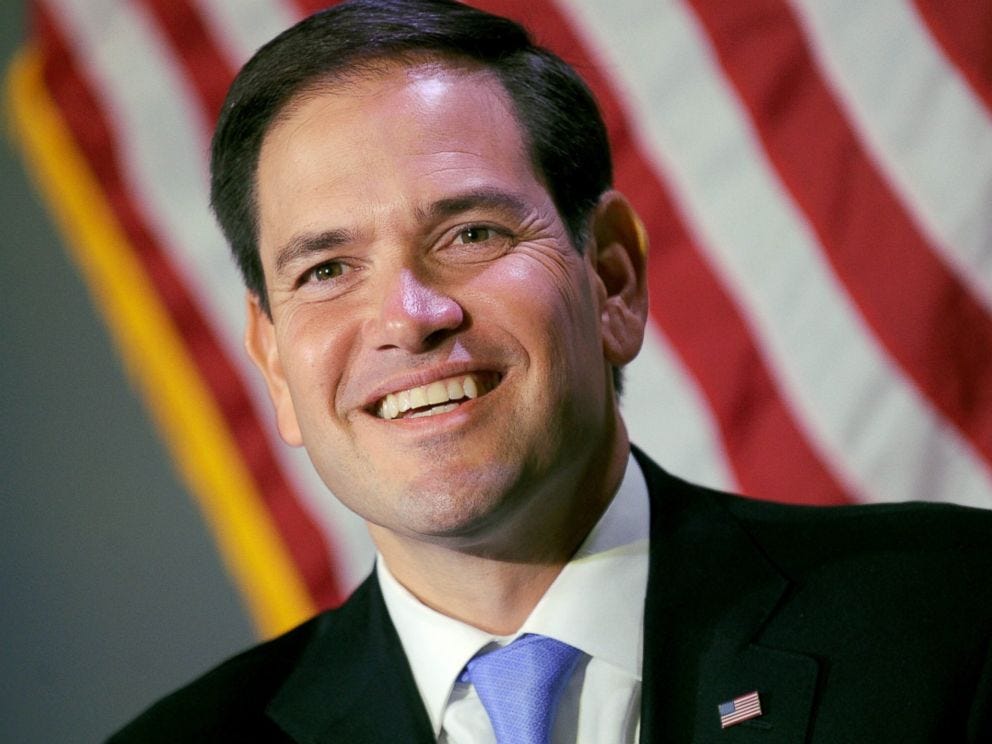Pakistan’s former PM Imran Khan behind May 9 attack on military establishments: Punjab Police chief

Lahore: Pakistan’s former prime minister Imran Khan and his close aides coordinated the unprecedented attacks on the military installations in Lahore and other parts of Punjab province on May 9 following his arrest, the Punjab police chief alleged on Thursday.
Citing a geo-fencing report, Punjab Inspector General Police Dr Usman Anwar said, “Police detected over 400 calls made by Imran Khan and other senior leaders of his party, Pakistan Tehreek-e-Insaf (PTI), to incite workers to target the senior military officer’s residence in Lahore and other military installations.” Geo-fencing is a technology that allows the movements of a person, vehicle, etc. to be recorded or limited using satellite signals.
He added that all the rioters were in contact with the PTI top leadership at the PTI party chief’s Zaman Park residence.
Law enforcement agencies have arrested around 10,000 people across the country, mostly leaders and workers of the PTI, for their alleged involvement in the violence that erupted in the wake of Khan’s arrest in a corruption case by paramilitary Rangers from the Islamabad High Court (IHC) premises earlier this month.
Law enforcement agencies have arrested around 10,000 people across the country, mostly leaders and workers of the PTI, for their alleged involvement in the violence that erupted in the wake of Khan’s arrest in a corruption case by paramilitary Rangers from the Islamabad High Court (IHC) premises earlier this month.
The geo-fencing record showed that Khan’s residence was used for planning the attack on the Lahore Corps Commander’s house, also known as Jinnah House, IGP Anwar told the Dawn newspaper.
He added that the cricketer-turned-politician was a prime suspect for allegedly planning the attack on the house of the senior military officer here.
Six other PTI leaders — Hammad Azhar, Dr Yasmin Rashid, Mahmoodur Rasheed, Ijaz Chaudhary, Aslam Iqbal, and Murad Ras — are the other suspects involved in planning the attacks, Anwar said.
Khan, however, blamed the Intelligence Bureau (IB) and the Military Intelligence (MI) for hatching a conspiracy to launch the May 9 attacks to eliminate the PTI.
The PTI chief claimed that 25 people were shot dead during the unrest, which followed his arrest in Islamabad.
“Why no investigation is carried out as they were killed in a straight firing,” he asked.
Khan also lamented that 10,000 workers of his party were locked up in small cells in jails.
“They are not getting food and water and also being denied access to their lawyers. The PTI workers are kept in jails like an enemy country,” he said.
The former premier alleged that taking advantage of the attack on the Corps Commander’s house in Lahore, which was pre-panned, the government launched an unprecedented crackdown on his party workers.
“They are not even sparing social media activists and women,” Khan said, lambasting human rights activists and journalists for keeping mum over the human rights violations and the curbs on freedom of speech.
Following Khan’s arrest, his party workers allegedly vandalised a dozen military installations, including the Lahore Corps Commander’s house, Mianwali airbase and the ISI building in Faisalabad. The Army headquarters (GHQ) in Rawalpindi was also attacked by the mob for the first time.
Police put the death toll in violent clashes to 10, while Khan’s party claims 40 of its workers lost their lives in the firing by security personnel.
Thousands of Khan’s supporters were arrested following the violence that the powerful Army described as a “dark day” in the history of the country.
Several top PTI leaders were also arrested in the wake of the unrest.
Prime Minister Sharif said on Sunday that those involved in attacks on military installations would be tried in the military courts while those charged with attacks on civilian targets would be prosecuted under civilian laws.
Pakistan’s Defence Minister Khawaja Asif said on Wednesday the government was mulling a possible ban on Khan’s PTI party following the attacks by his supporters on military installations after the former prime minister’s arrest.
Khan was ousted from power in April last year after losing a no-confidence vote in his leadership, which he alleged was part of a US-led conspiracy targeting him because of his independent foreign policy decisions on Russia, China and Afghanistan.




